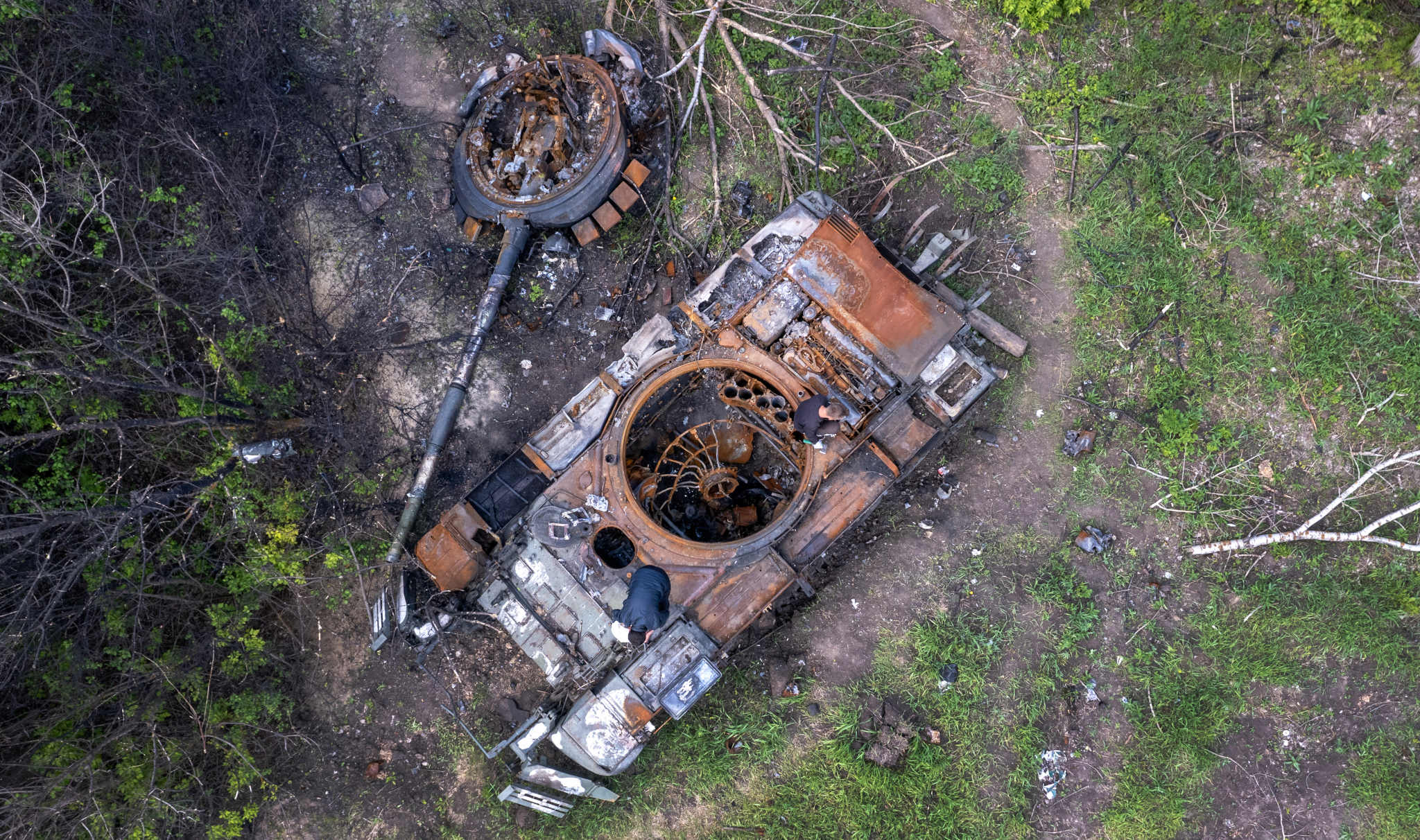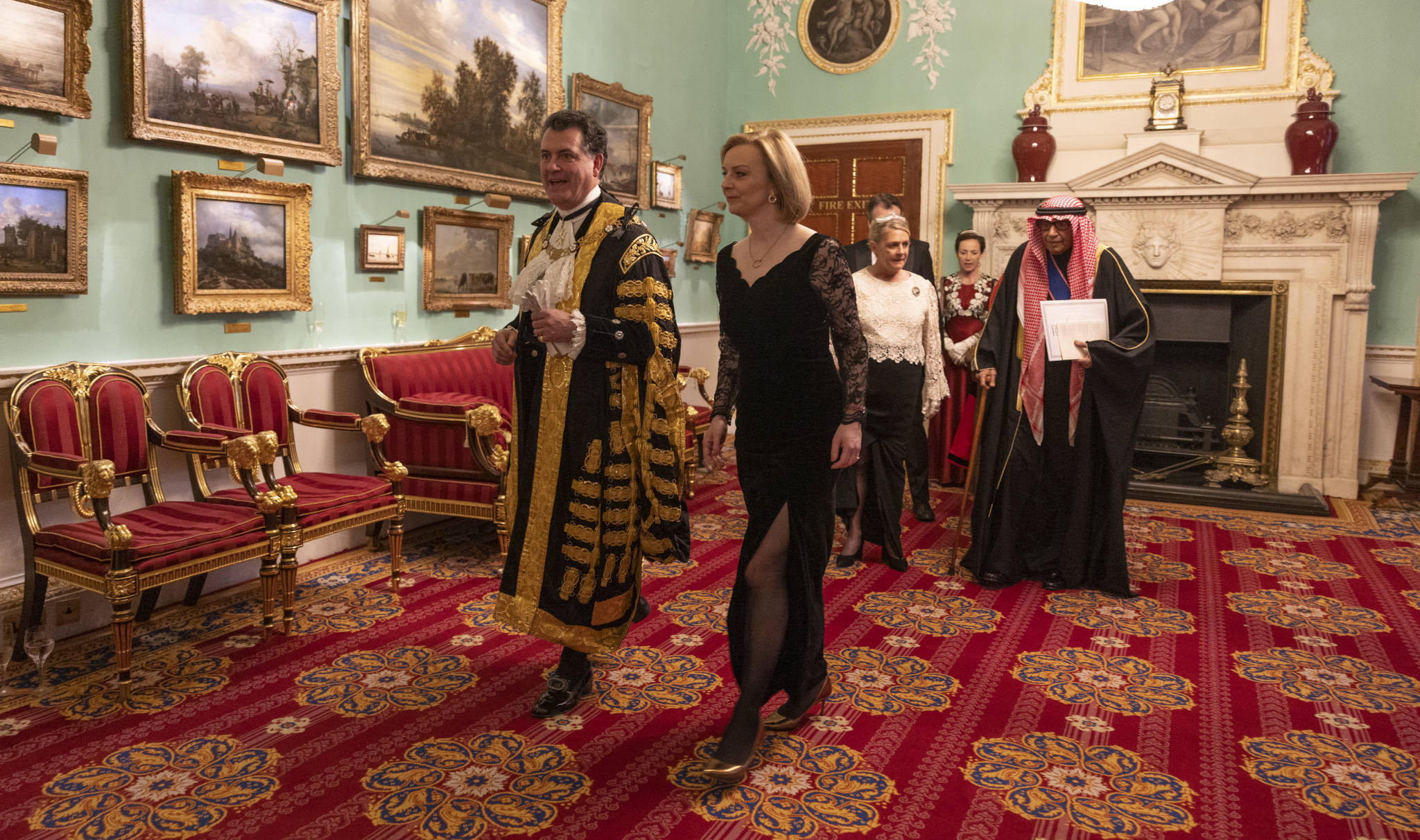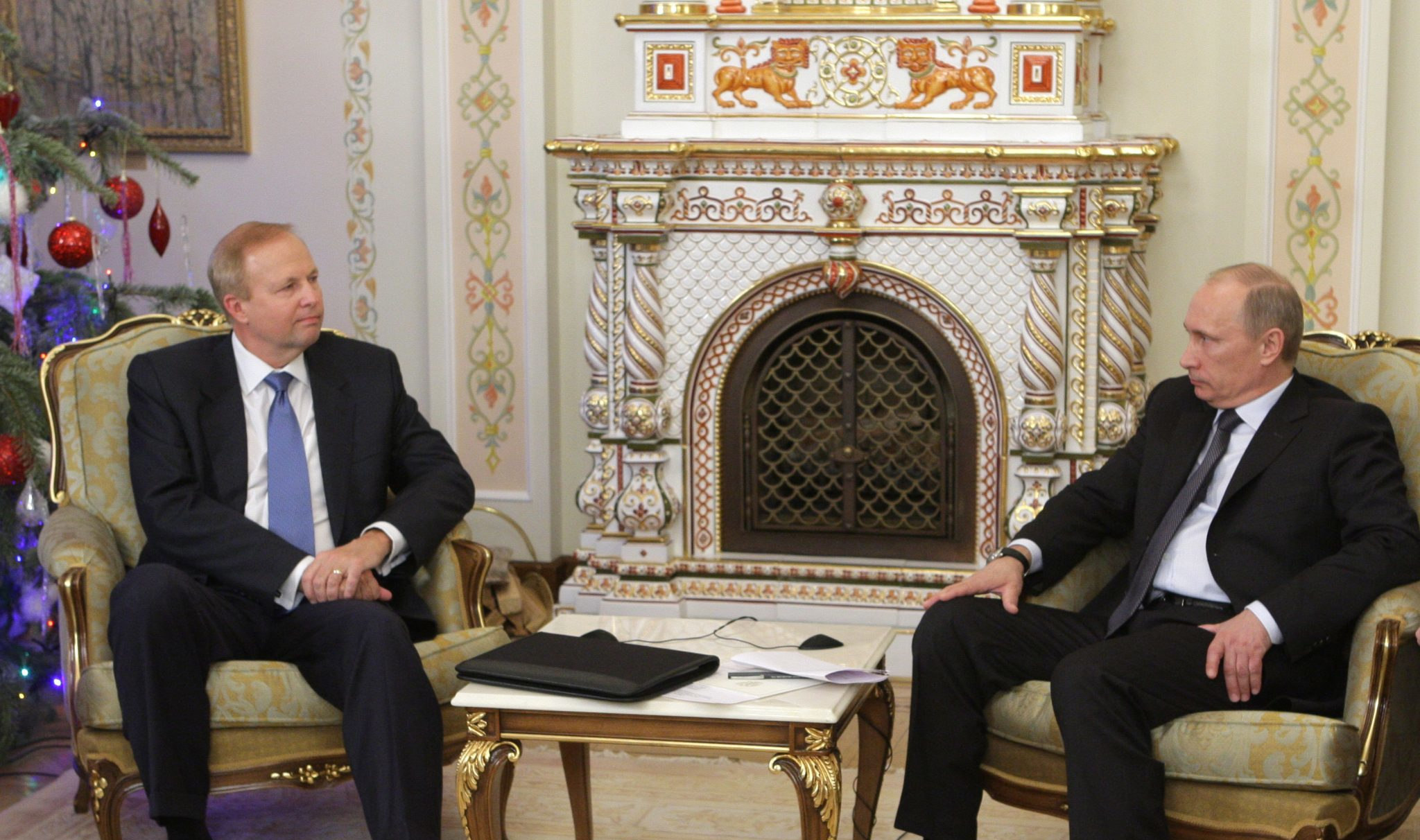Last week Russia celebrated Victory Day, marking the end of the Great Patriotic War, its name for World War Two. Putin’s address made clear that, for him, Ukraine was a conflict between NATO and Russia which would continue until it was won.
At the same time as the victory parade in Moscow, Britain’s defence secretary Ben Wallace was giving a major speech at the National Army Museum in Chelsea setting out his view of the conflict.
It should have been the occasion for a serious look at the origins and nature of the war, how it might be ended while avoiding a dangerous escalation, and how a lasting peace might then be built.
It was nothing of the sort. Instead, virtually the entire speech was a detailed account of the innumerable Russian military failings at every level, from Putin at the centre through the senior armed forces leaders and right down to the individual soldiers.
Wallace ruthlessly detailed Russia’s failures on the battlefield. Logistics are chaotic, weapons don’t work, military leaders don’t delegate, training is lamentable, leadership is hopeless, tanks and armoured vehicles break down, and morale is at rock bottom.
Wallace outlined a “charge sheet” that should be put to the Russian General Staff. It included: “Bad battle preparation, poor operational planning, inadequate equipment and support and most importantly corruption and the moral component”.
Some of the claims may be exaggerated but most are accurate, and they certainly add up to a litany of military failure, with many thousands of its troops killed and advances stalled or reversed.
The speech no doubt went down well with the audience. But it also undermined much of what the government and defence think-tanks have spent the last five years saying about Russian military capabilities.
Spend more
Various influential figures have called for increased UK military spending since Russia invaded Ukraine.
The Labour party has fondly recalled the “post 9/11” defence spending increases. Its defence spokesman John Healey said the UK needs to “honour our Nato obligations in Europe” and reverse a 9,500 cut in the size of the British army by 2025.
Tobias Ellwood, chair of parliament’s defence committee, has called for Britain to spend 3% of its GDP on the military. Britain currently spends 2%, which amounts to £42 billion.
Last year, his committee produced a report entitled “Obsolescent and Outgunned”, claiming the army’s armoured forces were “at very serious risk of being both quantitatively and qualitatively outmatched by potential peer adversaries”. The reference was to Russia.
The report claimed the British army’s artillery and air defence was so poor that the UK could be “defeated…by its Russian armoured counterpart”.
“Wallace claims the gravest threat facing Britain is a country whose military he openly ridicules”
This was followed by another report from Ellwood’s group last December called “We’re going to need a bigger Navy”. Identifying Russia and China as the UK’s “primary adversaries” at sea, it concluded the UK doesn’t have enough ships or submarines and that increased spending on shipbuilding was needed.
This view now appears woefully outdated. Ukraine, with almost no navy, recently sank Russia’s flagship naval vessel in the Black Sea, the Moskva, using a truck-launched ‘Neptune’ missile it had developed domestically.
Poor performance
Russia’s poor performance in Ukraine hardly demonstrates the need to increase UK military spending; if anything, it shows the opposite. The UK’s military budget is already slightly higher than Russia’s, despite having a much smaller landmass to defend.
Indeed, Britain is now the third largest military spender in the world, after the US and China. NATO currently outspends Russia by about 14:1 on the military.
Advocates for higher Western spending often claim Russia’s budget goes further because it pays its troops less. But that now seems to have resulted in low morale and high corruption.
While Wallace, a former director of arms firm Qinetiq, is a strong believer in a bigger budget for the Ministry of Defence, he claims that the gravest threat facing Britain is a country whose military he openly ridicules.
Indeed, Putin cannot even capture Kharkiv, a city 20 miles from Russia’s border.
Real challenges
What the UK’s emphasis should be on is cooling the rhetoric of war and working out how to end it without obvious winners. That may be an uncomfortable position to take when the Johnson government’s inclination is the opposite, but we are not dealing with a “normal” situation.
The only real threat posed by Russia is from its nuclear arsenal, and a strategic doctrine that, like NATO’s, includes a willingness to use nuclear weapons if losing a conventional war. That is just what it is doing now, not least because of multiple failings that Wallace has described.
Instead of plans to increase Britain’s nuclear arsenal, Wallace should throw his weight behind the UN treaty banning nuclear weapons, joining the nearly 60 countries that have already signed up.
From such changed policies the UK might even be able to play a small role in addressing the real challenges to human security.
Global interests will be far better served by the UK doing more to address the dangerous rise of global inequality and the evident prospect of climate breakdown.
Military budgets should be cut, and development budgets increased, with an emphasis throughout government policy-making on a green economic transformation.





